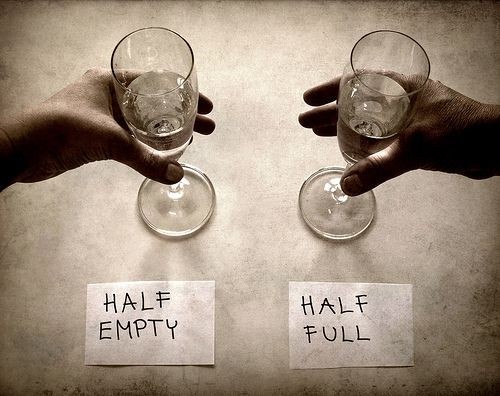It was a good episode of the Sopranos last night. Not only did a few people get whacked but a good deal of the show was dedicated to Tony Soprano’s relationship with his therapist. He finally came clean and told her directly in his mobster type way that he was in love with her, deeply!
Now for a female therapist that would be a hazardous thing to have happen! He had developed a fully fledged erotic transference with her. He tried his usual intimidation tactics with her to again gain control as he was the needy one in this instance, but she stood her ground. He suddenly started having erotic dreams about her and suddenly started to have some erection problems with his mistress and wife. The episode really did capture the psychology of it quite well even if it was overly dramatised a bit. I wonder if the movie makers have ‘experts’ on such matters giving advice on the psychology of it all, as technically it was quite sound.

The whole concept of erotic transference is an interesting area of study. In such transference the client falls in love with the therapist and that love gets sexualised to varying degrees. Some a lot and others very little. However I have found it to be a bit more complex than that.
Lots of things can happen to the love and sexualization of the therapist. For instance I have had clients desexualize me. I recall one woman recite a long monologue one day on how bad men were. At the end of it I stated that I was a man and not like what she reported to which she replied, “Oh you’re not a man, you’re a Tony”.
She had desexualized me to be genderless and thus she could form a attachment to me because her misandry would have otherwise not allowed that to happen.

Then there is the relationship between love and sex in the client’s mind. People usually over correlate the two and if the client mentions love then that of course it is assumed means sex as well. If they state that it does not then of course they are in denial according to many. I don’t particularly agree with that.
Without a doubt some clients do develop strong feelings of love and sexualised feelings to the therapist as well. As was shown in the Sopranos that can involve sexual dreams and fantasies about the therapist that are quite vivid.
However there maybe another type of love for instance between siblings or parents and children. This is where there can be strong feelings of love and attraction that by and large does not get sexualised. There would be some, maybe many who would definitely disagree with this view. They would say that deep down in the id or very small Child ego state there are sexual feelings. That it is normal for teenage siblings to have sexual feelings at times to each other and people who say they don’t do so because their moral system does not allow them to recognise such sexualised feelings. They are simply repressed into the unconscious.

These women dislike each other but do they
allow themselves to be aware of such things
The problem with this is it’s a circular argument. As soon as one disputes such a position one can then be told they are simply in denial as well.
However love feelings and sexual feelings are two different and discrete emotions like other feelings such as anger and sadness or scare and embarrassment. I think there are few who would dispute this.
Thus it seems not unreasonable that love and sexual feelings can behave like any other feelings. Sometimes feelings are closely linked and sometimes they are not. For some sexual feelings and feelings of love are closely linked and for others they are not.

Thus one needs to be careful with the term erotic transference as erotic specifically relates to sexual or salacious matters. It seems that it is possible to have a strong sense of love and attraction for a therapist without it necessarily being highly sexualised thus the term erotic would be a misnomer in such cases.
Graffiti














